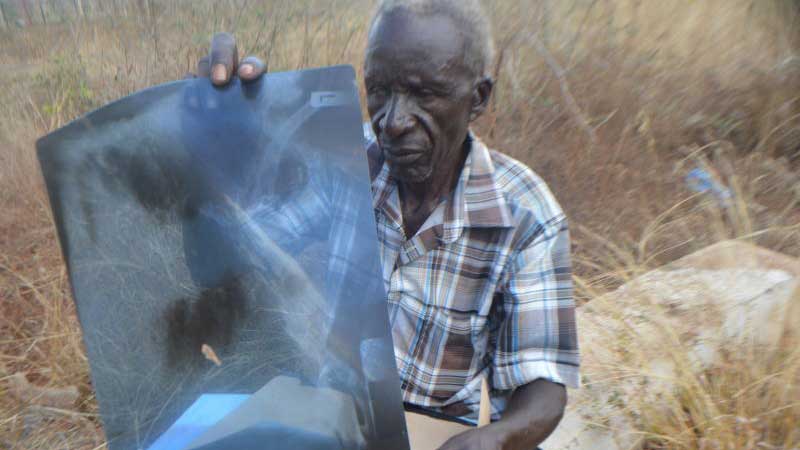×
The Standard e-Paper
Fearless, Trusted News

In the sleepy villages of Kyuasini, Ngiluni, Mbetwani and Ilikoni in Kibwezi East, Makueni County, tales of people who have escaped the jaws of death abound.
Their brushes with death have come from encounters with wild animals from Tsavo East National Park. John Muli, 70, was attacked by a lion on April 29, 2015